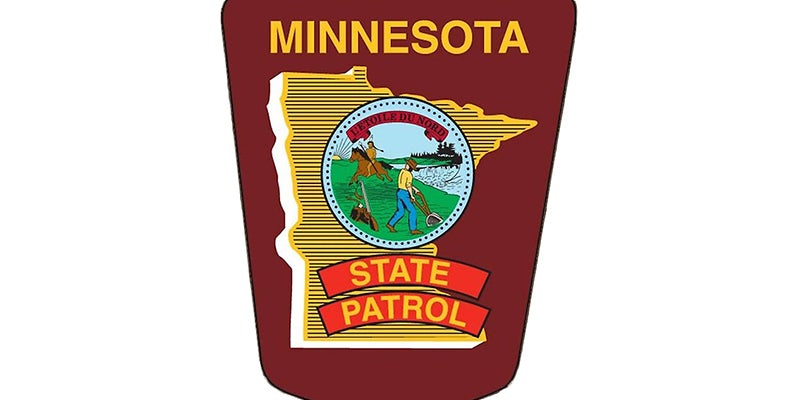Sparks: Senate tax bill helps Greater Minnesota
Published 7:13 am Sunday, April 9, 2017
Dan Sparks
State Senator, District 27
The Senate recently passed a comprehensive tax bill that includes several provisions that will help Greater Minnesota. With a $1.6 billion surplus, it’s important the Legislature focus on targeted tax relief for Minnesotans, and this bill accomplishes that. Graduates working to pay off student loans, beneficiaries of Social Security, business owners, and those who file in Minnesota’s lowest tax bracket are among the many who will benefit from this bill in the form of lower tax burdens. There are many positive provisions, but I wanted to specifically mention a few of those that I believe will help residents of southern Minnesota, specifically.
First, the bill includes $34 million to assist agriculture landowners. The bill includes a 40 percent tax credit on property taxes paid to help fund local school bond referendums. The change in the law comes as a response to rising agricultural property taxes that farmers have said are partly due to local levy obligations. It is estimated that 240,000 parcels of land would qualify for the credit. Not only does this encourage rural landowners to assist our small, rural schools by voting yes on referendums, it also helps ease the property tax burden – particularly during times when commodity prices are low.
Farmers and small businesses will further benefit from the increase of Minnesota’s estate tax threshold. In 2014, Senate Democrats led the effort to increase Minnesota’s estate tax exemption from $1 million to $2 million, phased in over four years.
That phase-in will be fully completed next year. Currently, for tax year 2017, Minnesota’s estate tax threshold is $1.8 million with rates ranging between 10 percent and 16 percent. The language in this year’s Senate tax bill increases this exemption to $5 million. That means any estate – and frequently in our state that means a family farm or small business – worth less than $5 million will not be taxed by the state when it is passed to a family member after a death. This change in law will make the tax system less confusing for taxpayers, and it will help more small businesses and farmers pass on their family businesses.
Finally, residents of Albert Lea will be able to continue financing water quality improvements thanks to a provision passed in the tax bill. In 2006, the community, with help from the state legislature, passed a .5 percent local option sales tax to help fund lake improvement projects. It’s safe to say that the sales tax and subsequent cleanup efforts have made a huge difference to both the quality of the water and in creating a nice, healthy and safe place to enjoy the outdoors for residents and visitors.
The sales tax generates about $1.2 million per year, which is collected by the city of Albert Lea and transferred to the Watershed District.
Last November, the citizens expressed overwhelming support for continuing the sales tax with 72 percent of the vote. The vote would extend the city’s .5 percent local option sales for 15 years or $15 million, whichever comes first. This money would be used to continue with water quality improvements to the lakes and streams within the Shell Rock River Watershed, including Fountain Lake and Albert Lea Lake.
As mentioned, the bill isn’t perfect. But no tax legislation (or any legislation, for that matter) is going to please everyone. I voted for this bill because it includes tax provisions I know will help constituents in our region. Helping our local farmers, and improving water quality in the Shell Rock River Watershed District are benefits worthy of a few tradeoffs.




